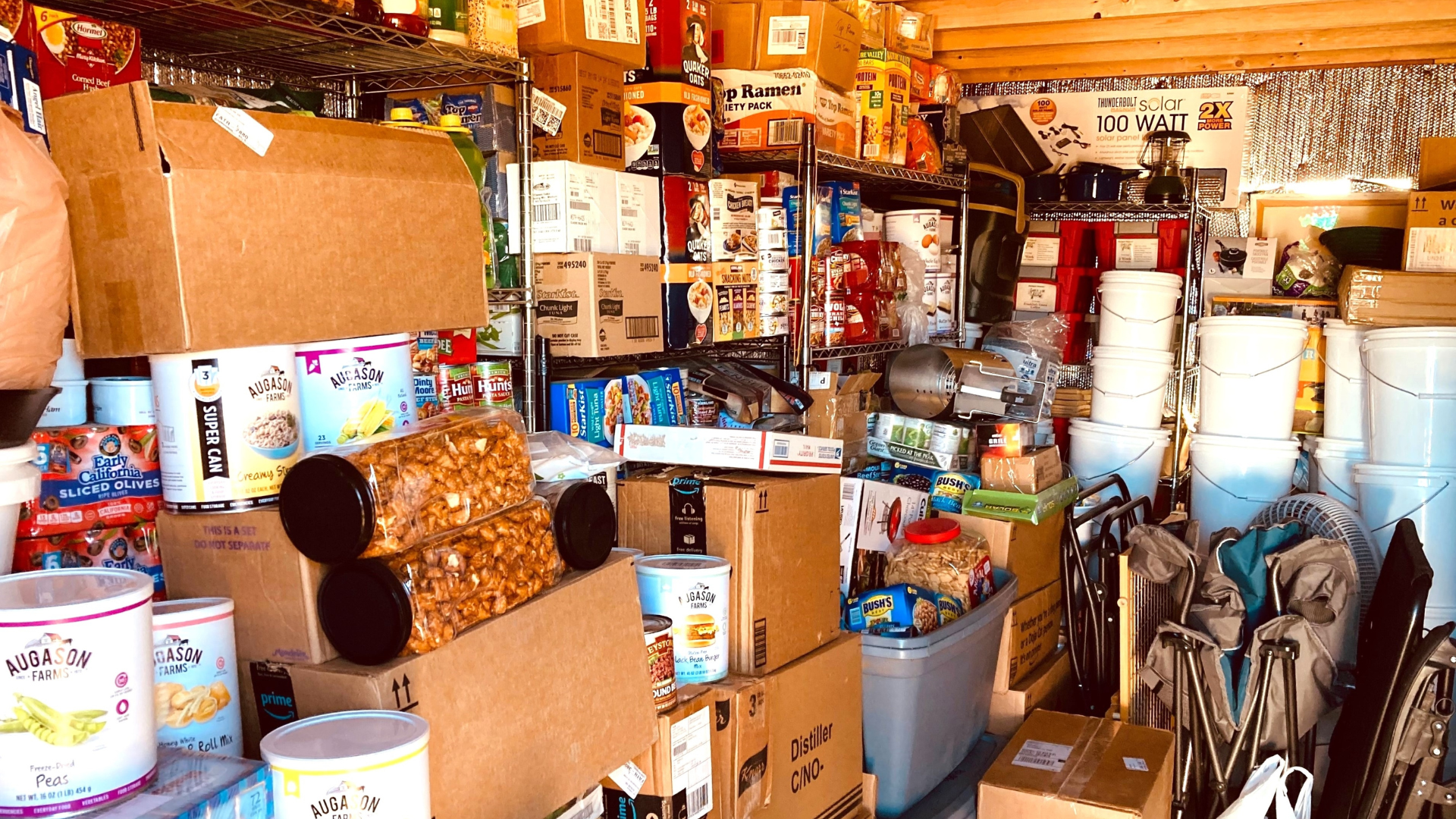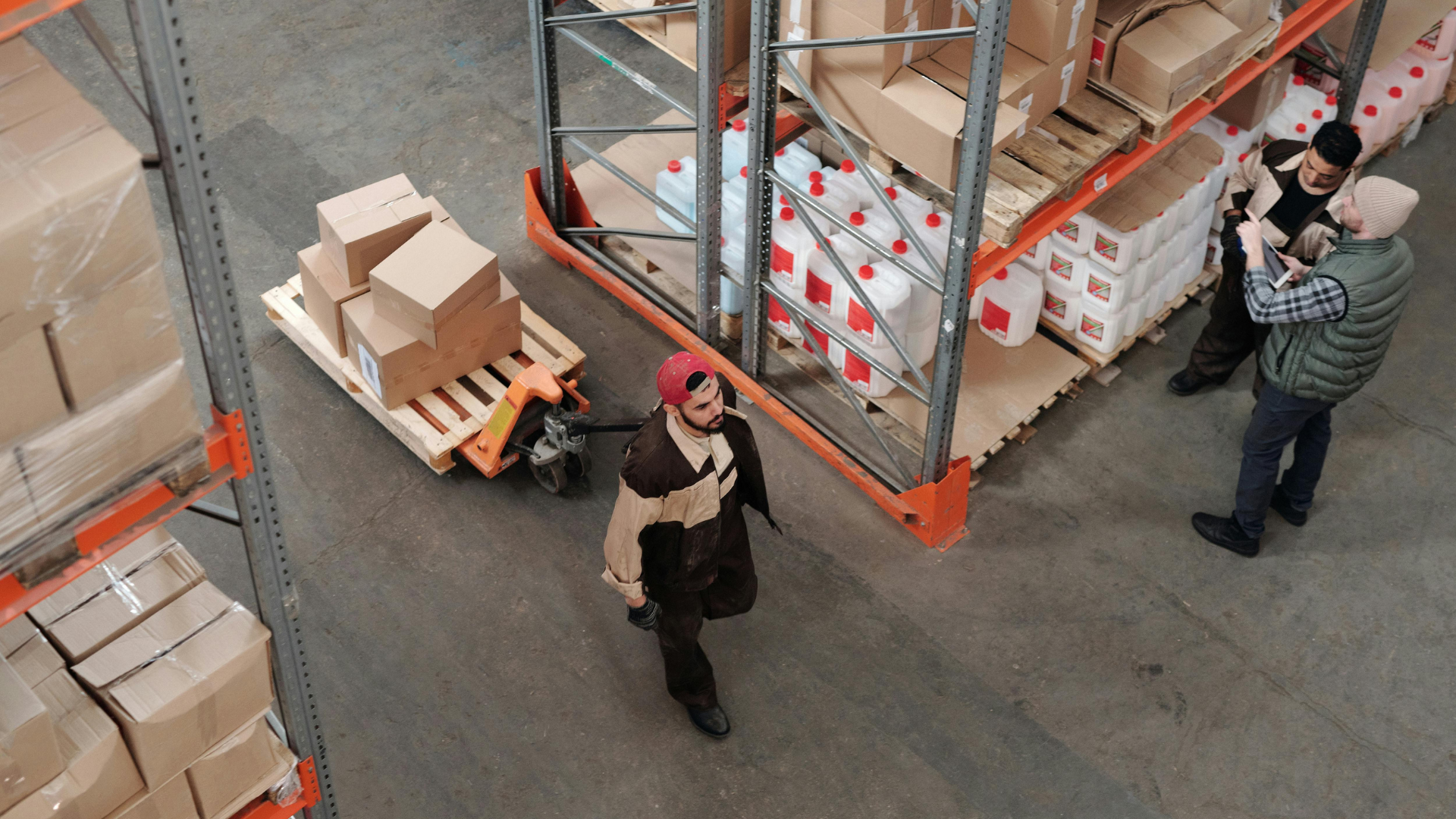During the height of the COVID-19 lockdown last April my biggest concerns were staying home, completing a ‘90s Nickelodeon cartoon puzzle and determining if Joe Exotic’s zoo was still open. Although the future of the virus was uncertain and most days blended together, I enjoyed the opportunity to slow down, be home, take up new hobbies and return to old ones, that is until I began experiencing unexpected heavy bleeding, clotting and pelvic pain.
After many nights of failing to convince the [white] on-call gynecologists that this was not normal or “breakthrough bleeding” and after many days of trying to convince the receptionist at my OB-GYN’s clinic that I understood the severity of the pandemic but what was happening to me was emergent, I was able to be seen by a provider.
Turns out, the heavy blood loss and clots of blood that resembled pieces of liver were attributed to fibroids, a term completely foreign to me. My bleeding was so severe I became anemic and needed to undergo emergency, though minor, surgery to have the invasive, submucosal fibroids removed.
The heavy blood loss and clots of blood that resembled pieces of liver were attributed to fibroids, a term completely foreign to me.
What are fibroids?
Fibroids are muscular, benign tumors that grow in and around the wall of the uterus. While common (it is estimated that 70 to 80 percent of women will develop fibroids in their lifetimes) not every woman has symptoms from fibroids and thus never have them removed.[1] Symptoms include but are not limited to heavy or severe menstrual cycles, an enlarged uterus, constipation, pelvic pain and frequent urination.[2] While there are a few treatments, both surgical and non-surgical for fibroids, including having them removed via hysteroscopic myomectomy as I did, it’s important to note fibroids are likely to return, especially in pre-menopausal women. The only way to guarantee fibroids are gone for good is to undergo a hysterectomy.
Uterine fibroids affect 25 percent of Black women at the age of 25 and up to 80 percent of Black women by menopause.
While the research on fibroids is scarce compared to the scope of the problem, we do know that Black women are three times more likely to have fibroids than white women. Black women are also less likely to have small-sized fibroids compared to their white counterparts.[3] Uterine fibroids affect 25 percent of Black women at the age of 25 and up to 80 percent of Black women by menopause.[4] Black women develop them earlier, have larger and greater numbers and experience more severe symptoms. As such, the issue of fibroids clearly represents a health disparity.
As we know from previous work in this space, Black women disproportionally struggle with poor maternal health outcomes including maternal mortality and morbidity. While there are many reasons for this including racism, medical bias and weathering, uterine fibroids are also a contributing factor. Women who have fibroids are also more likely to have problems with pregnancy and delivery and are more likely to face[5]:
- Cesarean section
- Baby in breech
- Labor failing to progress
- Placental abruption
- Preterm delivery
Depending on the location and size of the fibroid(s), getting pregnant in itself can be an obstacle for a woman struggling with fibroids. A fibroid’s proximity to the uterine cavity can make implantation difficult, and fibroids that are inside the muscle of the uterus might block the fallopian tubes, which can cause infertility all together.[6]
A fibroid’s proximity to the uterine cavity can make implantation difficult, and fibroids that are inside the muscle of the uterus might block the fallopian tubes, which can cause infertility all together.
Research on uterine fibroids including how they originate, what causes them to grow or shrink, whether they are genetic etc., requires funding, attention and investment that has yet to materialize. Such research can help provide new treatment options, reduce hysterectomies and cesarean sections among other advances in women’s health. In August 2020, then Senator Kamala Harris (D-CA) and Representative Yvette Clarke (D-NY) introduced companion bills in Congress that aimed to fund research and education on uterine fibroids. The proposed bill would have provided $30 million annually from 2021 through 2025 to the National Institutes of Health to expand uterine fibroids research, create a uterine fibroids public education program at the Centers for Disease Control and Prevention, expand and improve data collection on people impacted by fibroids and more. While the bill has yet to be reintroduced in the 117th Congress, I am hopeful Vice President Harris will continue raising awareness about uterine fibroids.
[1] https://www.uclahealth.org/fibroids/what-are-fibroids
[2] https://www.hopkinsmedicine.org/health/conditions-and-diseases/uterine-fibroids-qa-with-an-expert
[3] https://www.ncbi.nlm.nih.gov/pmc/articles/PMC3874080/
[4] https://www.ncbi.nlm.nih.gov/pmc/articles/PMC4212348/
[5] https://www.womenshealth.gov/a-z-topics/uterine-fibroids
[6] https://www.hopkinsmedicine.org/health/conditions-and-diseases/uterine-fibroids-qa-with-an-expert




.png)
.png)


